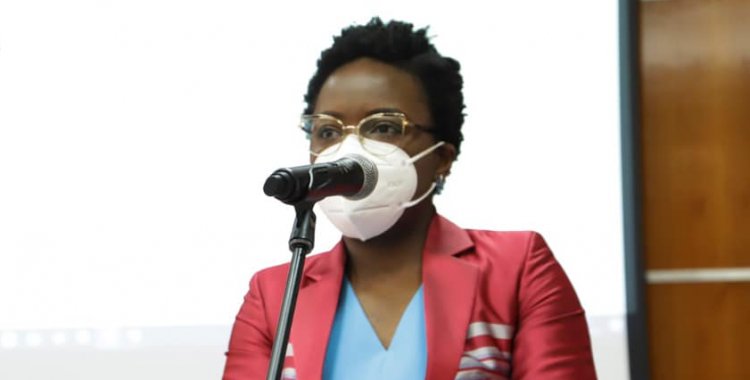"We have to be conservative, we are looking at concessional and semi-conventional financing, but this is the second option, the first option is private investment, to make foreign private investors invest in Angola, and with that we are going to grow the economy , create jobs and increase tax revenue ", said Vera Daves de Sousa.
The minister spoke at the first panel of the African Budget Forum, which takes place this Tuesday and Wednesday from Washington in virtual format.
On the panel attended, among others, by the Executive Director of the International Monetary Fund (IMF), Kristalina Georgieva, African Union Trade Commissioner Albert Muchanga, and European Union Commissioner for International Partners, Jutta Urpilainen, the Minister he said that "public funding will be used for infrastructure, for projects that have the most social impact and for those with the lowest profitability, which the Government will do on its own".
During the interventions, Vera Daves stressed that "the private sector will have an important role for the economy to grow and thus increase the tax base that will allow to move towards public investments that reduce inequalities", which all stakeholders recognized that have increased due to the effects of the covid-19 pandemic.
Asked about the impact of falling oil prices and containment measures on the economy of Angola, the second largest oil producer in sub-Saharan Africa, Vera Daves recalled the measures she took to sustain the growth of the debt ratio on Gross Domestic Product (GDP) and stressed that, in addition to the restructuring of several loans from official and bilateral creditors, "private creditors are open to negotiating" and "giving more room for maneuver".
The economic reforms launched in recent years, added the minister, are already showing signs of success, highlighting the protection of international reserves and investments made within the country, namely in agriculture.
"We were able to protect our international reserves, and also give a signal to the market that national production is a good investment option, we are seeing results, there are local investors putting money into agriculture and small industries, because they realize that the free exchange rate regime creates an incentive and they know that the State is not subsidizing imports as was done in the previous exchange rate regime ", argued the minister.
In addition to the exchange rate, in terms of monetary policy the second priority goes to the rate of inflation, which is currently above 20 percent is a heavy burden on household income.
"We are also committed to the inflation rate, which is very hard for the population because it directly affects the number of goods that the population can buy with their wages, but it is not an easy balance, which is why it is so important to increase the tax base and have a increase in revenue so that we are less dependent on international financing and give space to commercial banks to finance private activities ", concluded the minister.
This Tuesday afternoon's conference debated 'brave' economic reforms, whose English initials of the word 'brave' were used as a guide for reform priorities: bold, recipe-based, anchored, compatible with vaccination and equitable.







